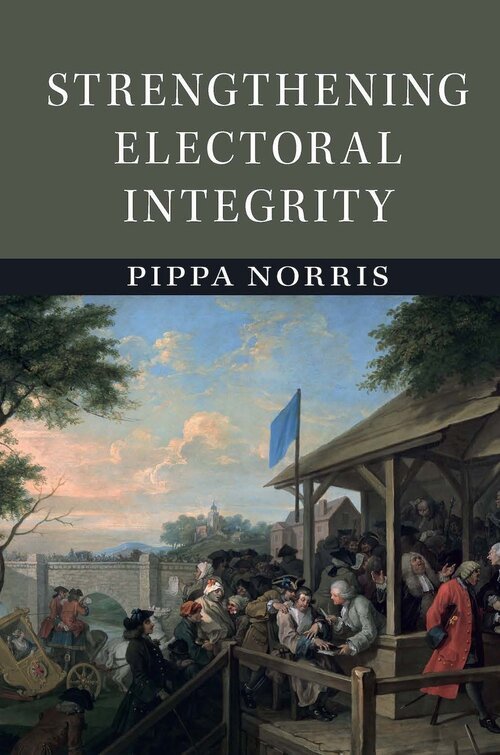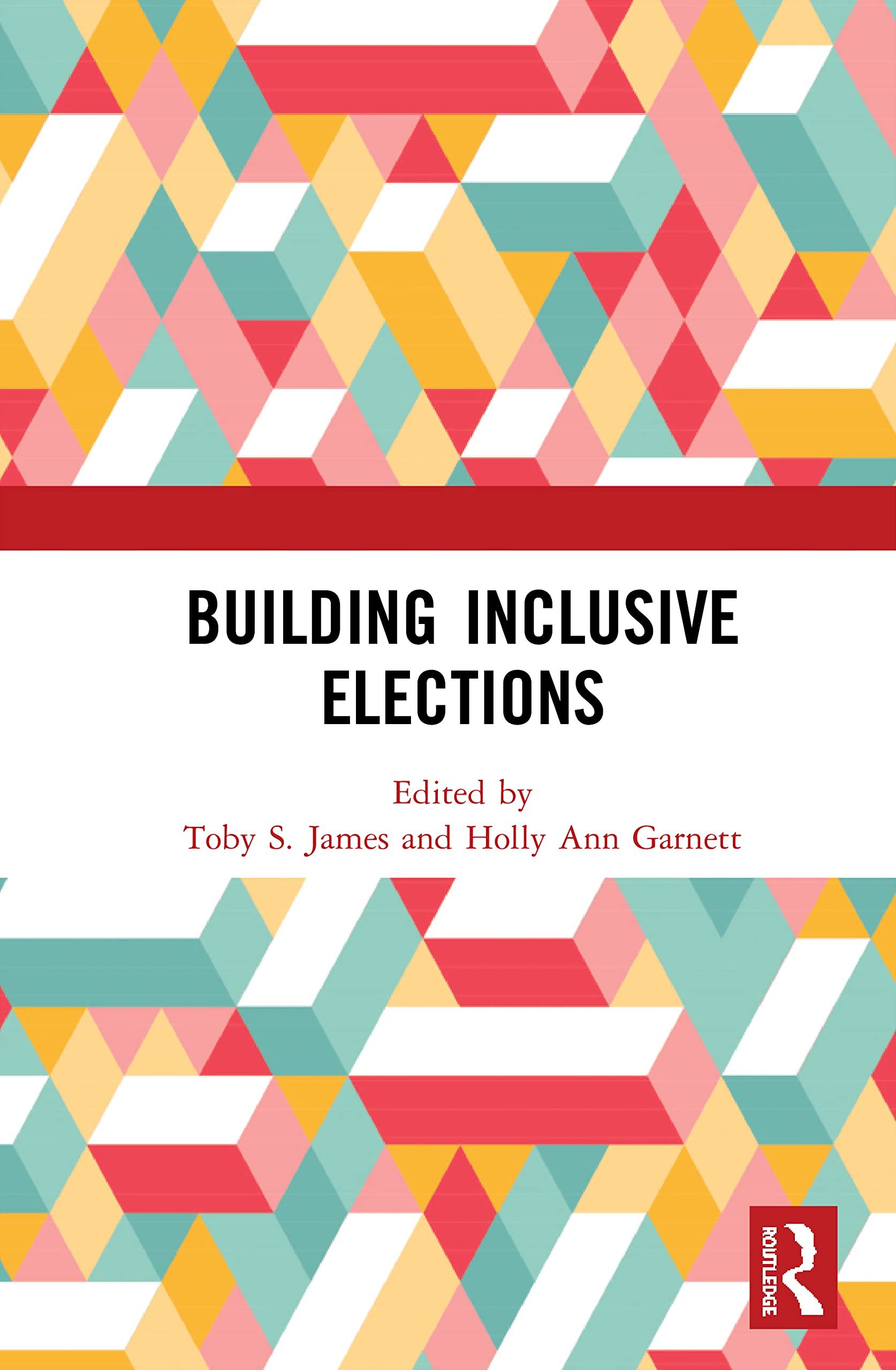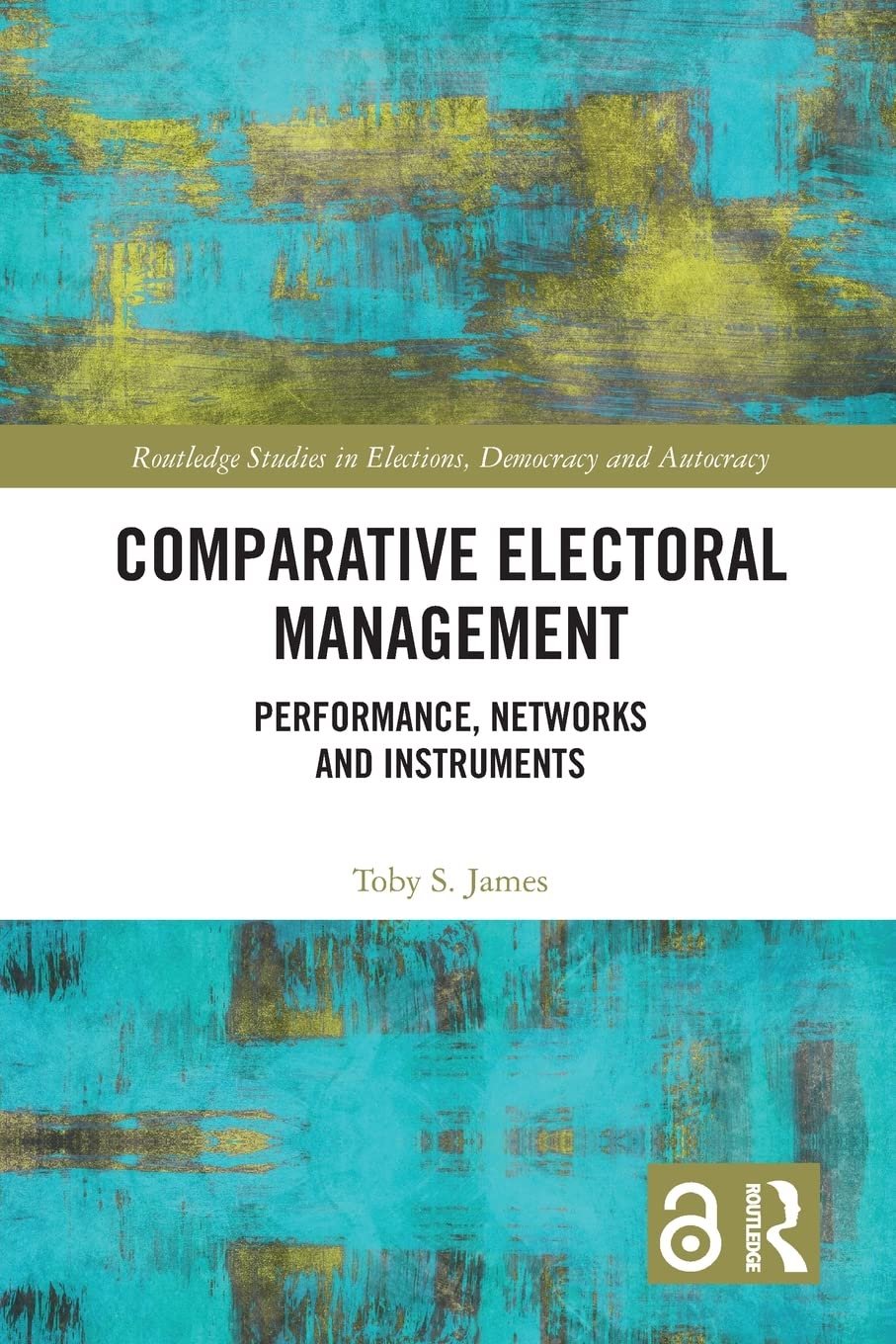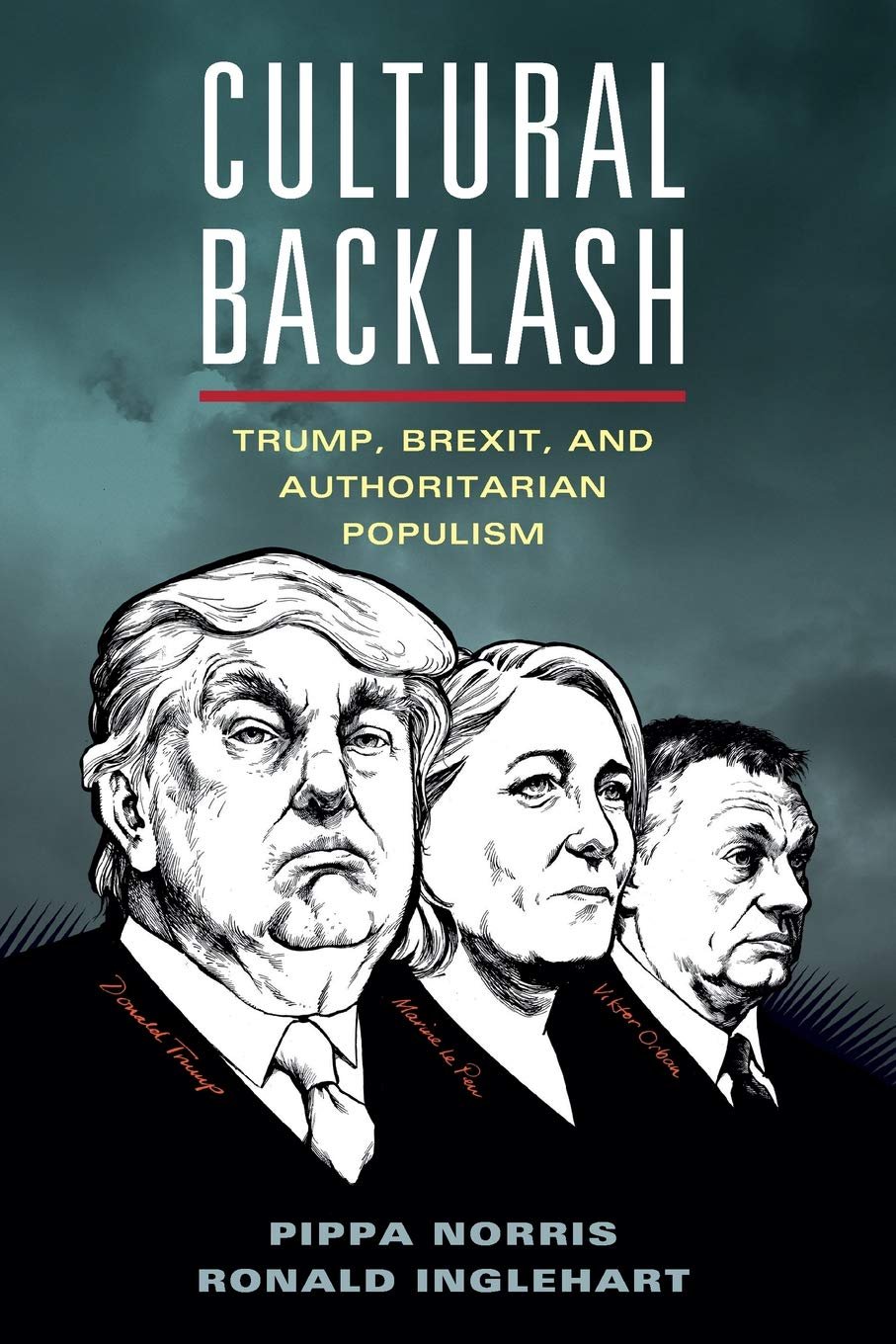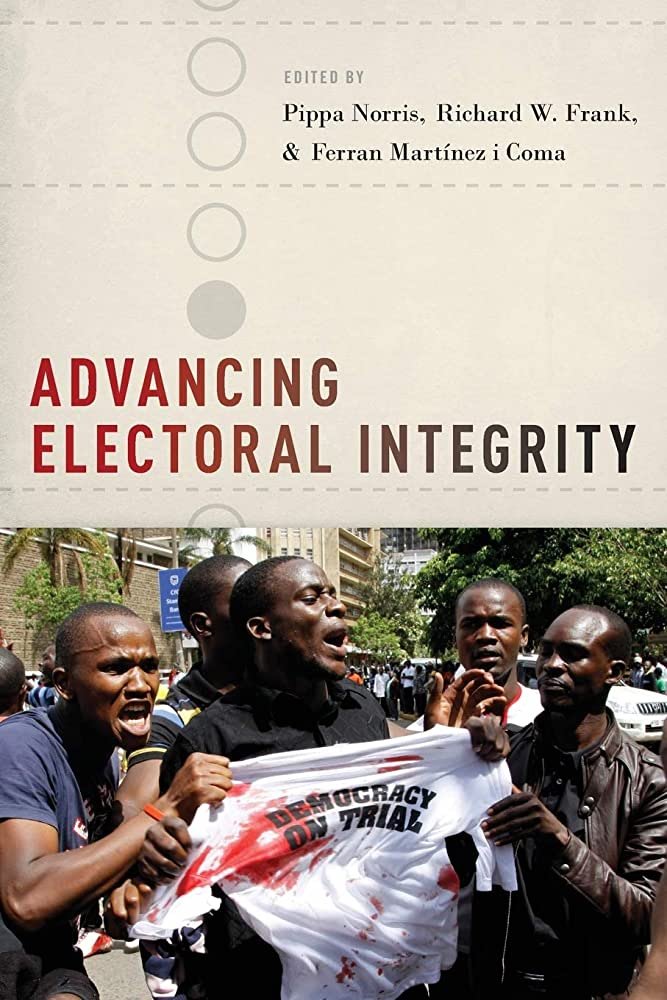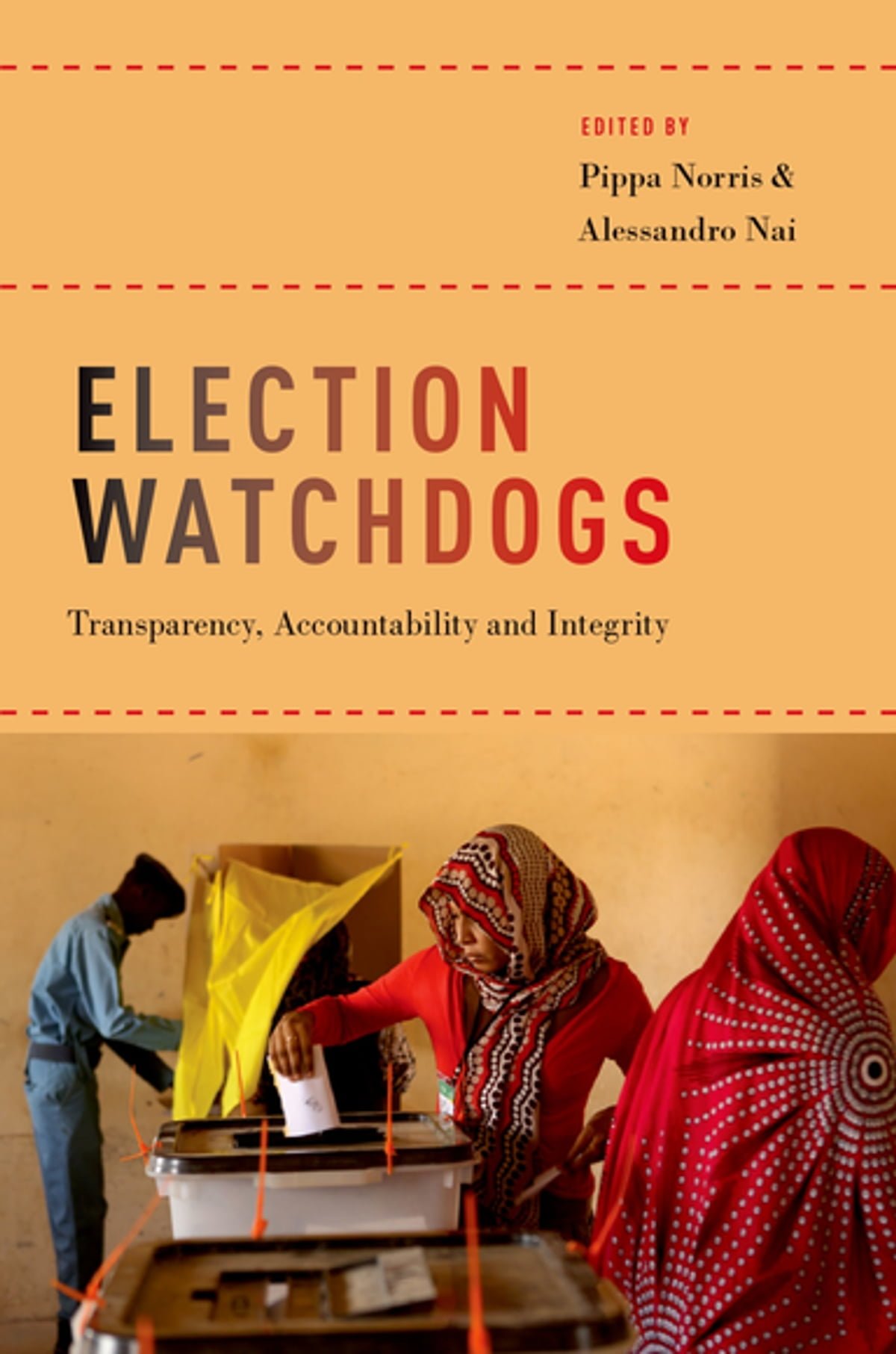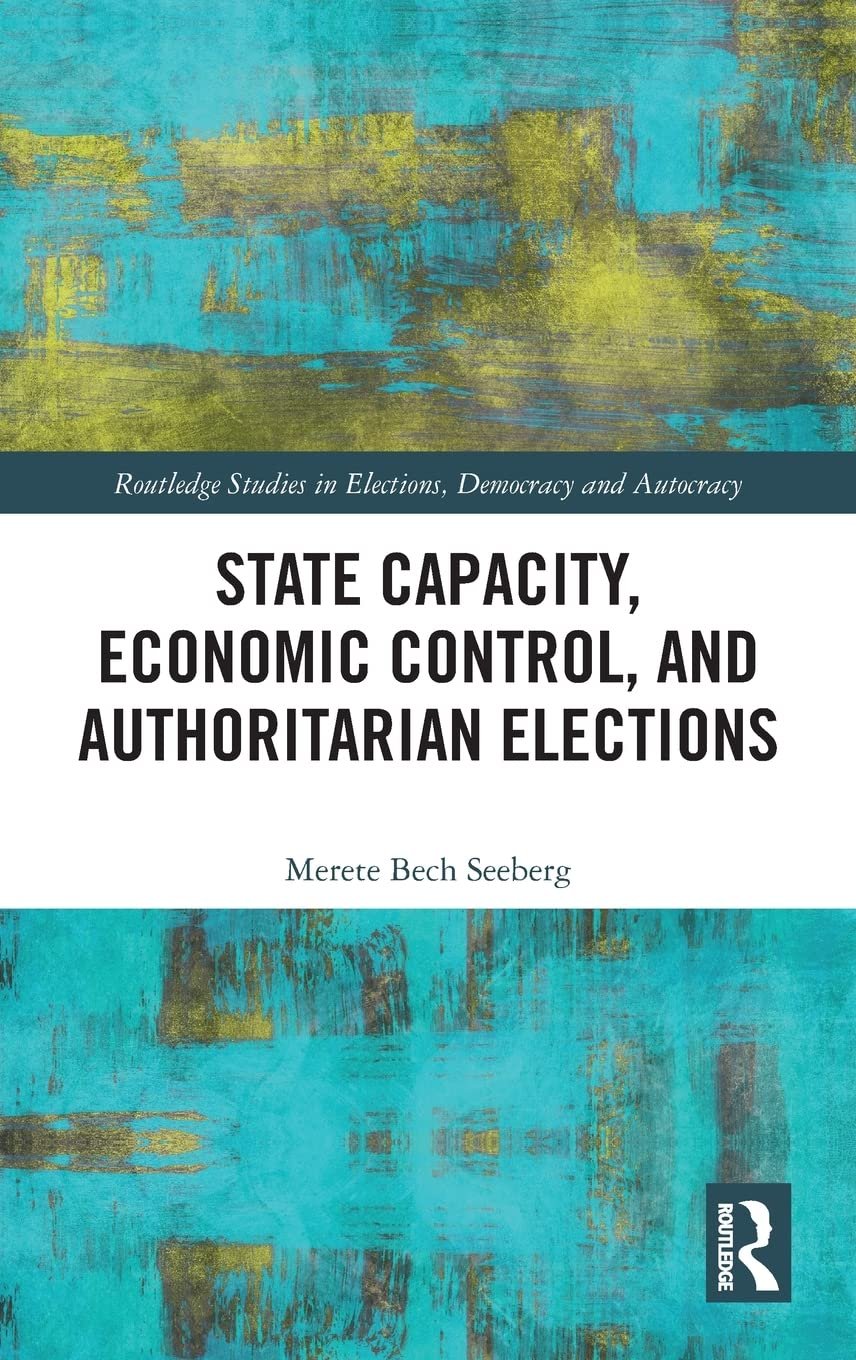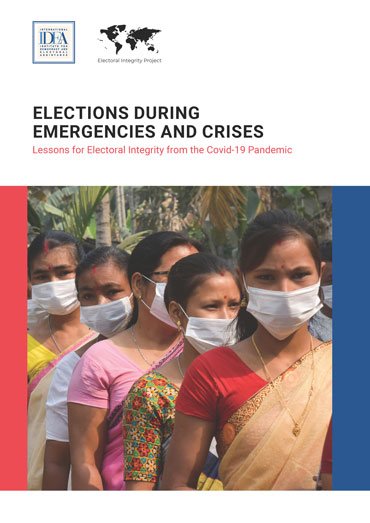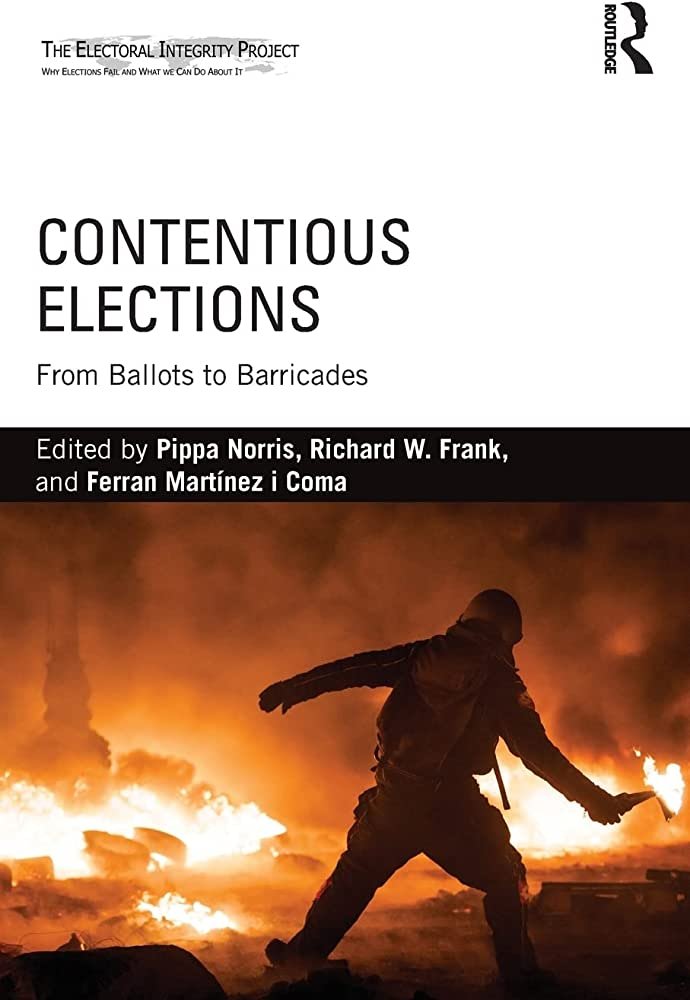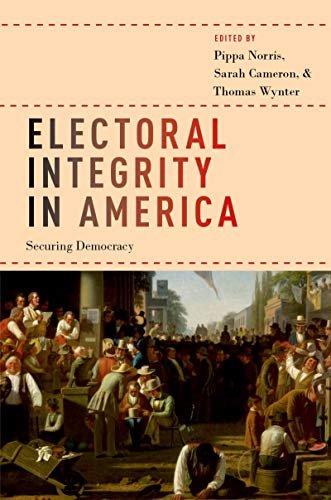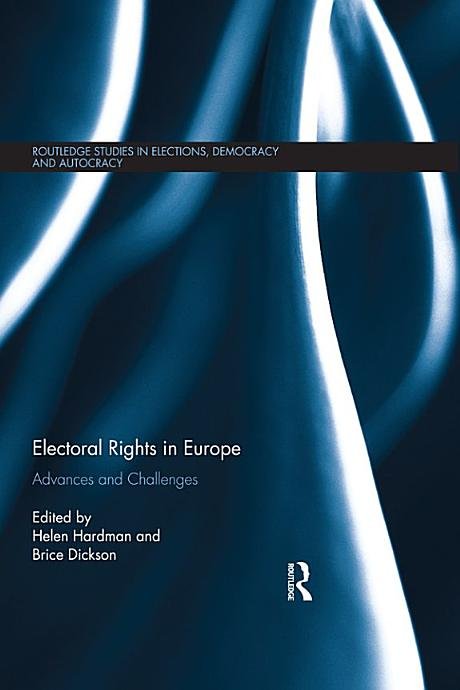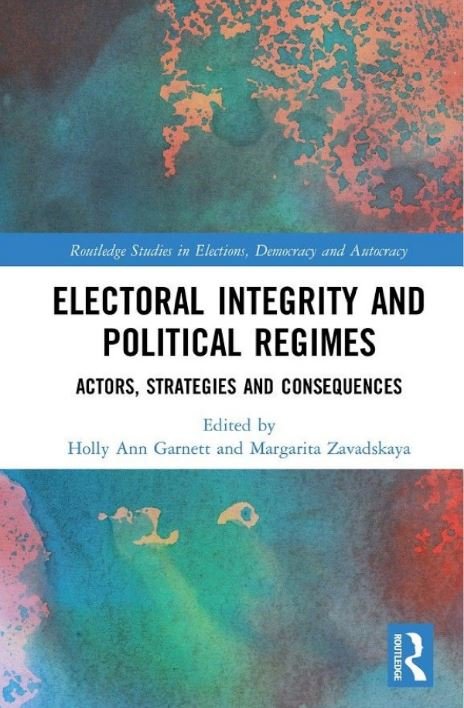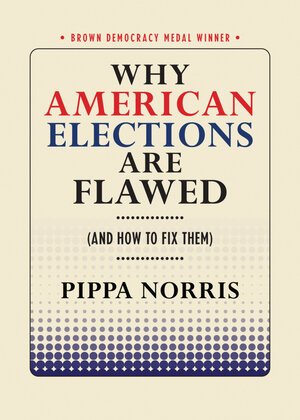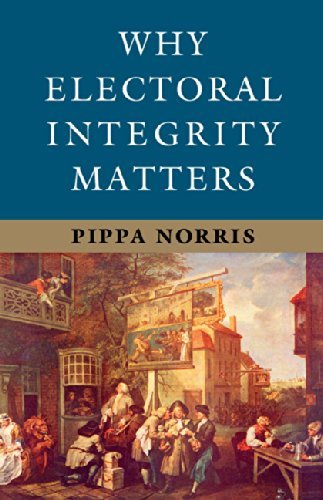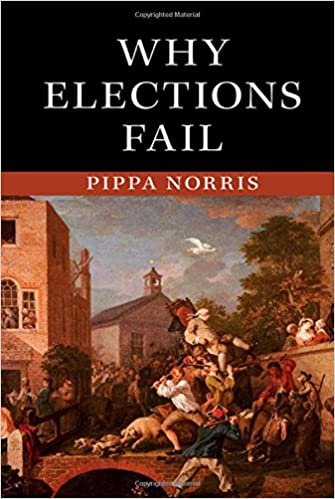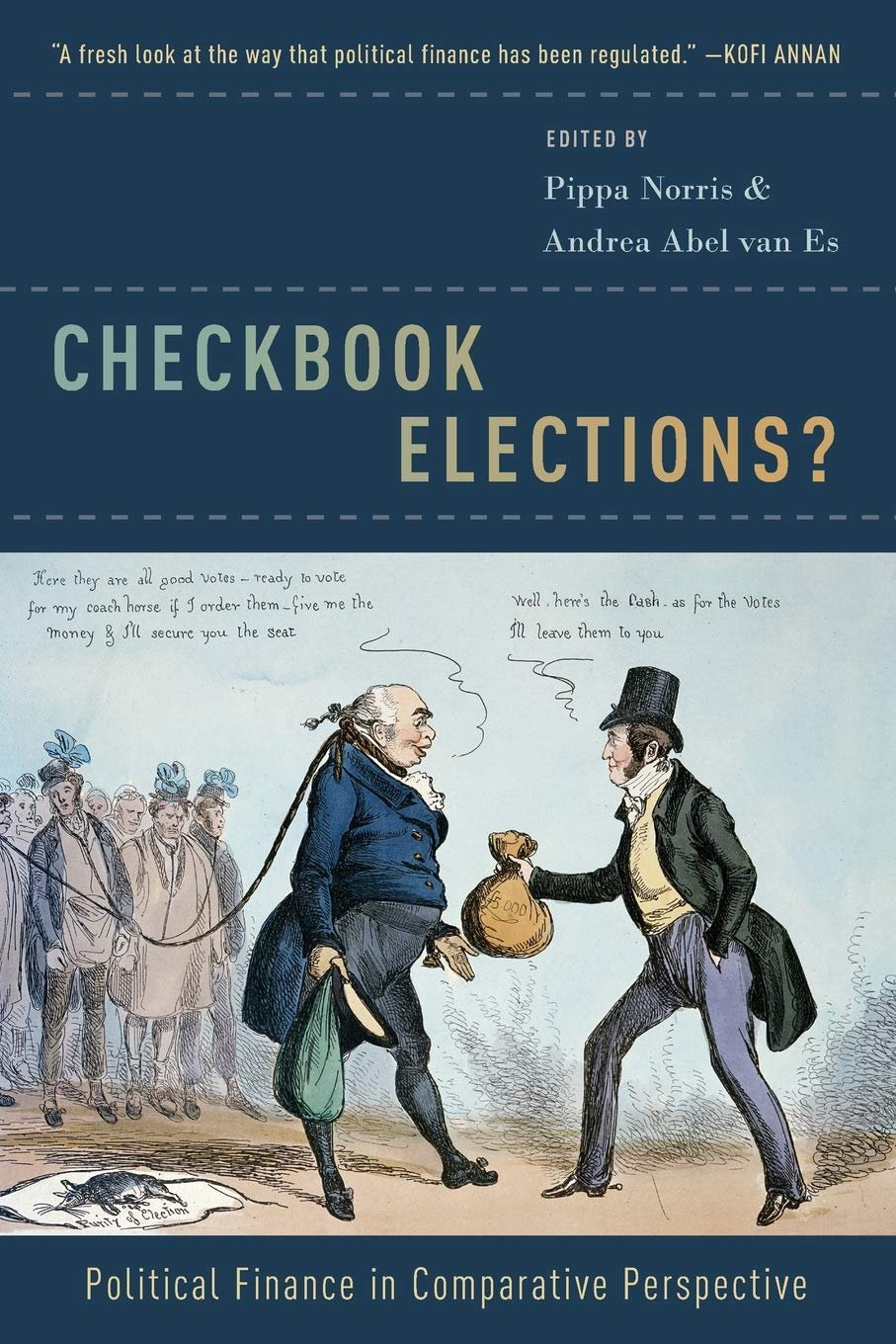Strengthening electoral integrity
………………………………………………
Pippa Norris
………………………………………………
Synopsis
Today a general mood of pessimism surrounds Western efforts to strengthen elections and democracy at home and abroad. Observers claim that democracy is in decline or retreat. Skepticism among scholars has spread to political leaders. Donald Trump calls American attempts to build democracy from Iraq to Egypt to Libya a dangerous mistake triggering instability and chaos. This fuels isolationist calls for Western powers to abandon nation-building abroad and put domestic interests first.
To counter the prevailing ethos, this book presents new evidence for the pragmatic case why international programs of electoral assistance work. Systematic research demonstrates that electoral integrity is strengthened by a series of practical projects where international organizations and bilateral donors support the efforts of local stakeholders –to reform electoral laws, strengthen women’s representation, promote independent media, regulate political money, and improve voter registration.
Success should not be exaggerated. Not everything works, by any means. Electoral assistance is most effective where the strengths and weaknesses of international agencies and programs match the threats and opportunities facing electoral assistance in each society. Efforts are often greatest in the riskiest contexts. Expectations are commonly inflated. Agencies need to gather better evidence to evaluate programs.
But this does not mean that international attempts to strengthen elections should be reduced or even abandoned. Since 1948, the world has been committed to supporting free and fair contests. It would be a tragedy to undermine progress by slipping backwards, ignoring requests for support by local reformers, and thereby weakening opportunities to advance democracy and rights to self-determination.

